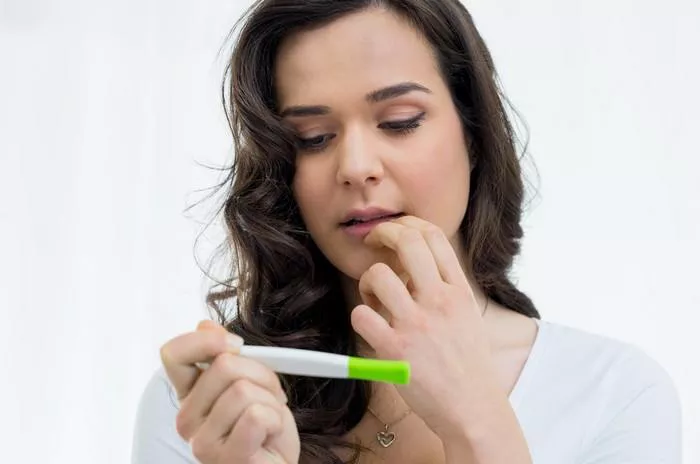Uterine fibroids are the most common benign tumors in the female reproductive system. Generally, small or solitary submucosal and intramural fibroids do not affect conception and pregnancy. However, larger fibroids may affect a woman’s fertility and may even lead to infertility.
How Uterine Fibroids Affect Fertility
Uterine fibroids may affect fertility in several ways. Here are some specific mechanisms:
Uterine Cavity Deformation: Larger fibroids can deform the uterine cavity, which not only hinders the passage of sperm but also affects the implantation of the fertilized egg and the development of the fetus.
Tubal Obstruction: Fibroids growing near the uterine horns can compress the openings of the fallopian tubes, causing blockages that affect their patency. They can also displace the ovaries, widening the distance between the ovaries and the fallopian tubes, hindering the fimbriae’s function of picking up eggs.
Impaired Implantation of Fertilized Eggs: Fibroids growing within the uterine ligaments can elongate and distort the fallopian tubes, compressing their lumens, or displace the ovaries, widening the distance between the ovaries and the fallopian tubes, hindering the fimbriae’s function of picking up eggs.
Compression of the Cervical Canal: Fibroids growing in the cervix can compress the cervical canal, obstructing the passage or altering the orientation of the cervical opening, moving it away from the seminal pool in the posterior fornix, which is unfavorable for sperm entry into the cervical canal.
Intrauterine Obstruction: Submucosal fibroids growing within the uterine cavity act like an intrauterine contraceptive device, hindering fertility. Ischemia, necrosis, and atrophy of the endometrial surface in the uterine cavity also hinder the implantation of fertilized eggs.
Increased Uterine Contraction Frequency: Uterine fibroids can increase the frequency, magnitude, and duration of uterine contractions above the normal baseline, interfering with the implantation of fertilized eggs or causing miscarriages after implantation.
Conclusion
In conclusion, although not all uterine fibroids lead to infertility, larger or strategically located fibroids may affect fertility. Therefore, if you suspect you may have uterine fibroids, it is recommended to seek medical help for examination and evaluation as early as possible. Additionally, for patients already diagnosed with uterine fibroids, regular follow-ups are necessary to promptly understand changes in fibroids and take appropriate treatment measures.

























